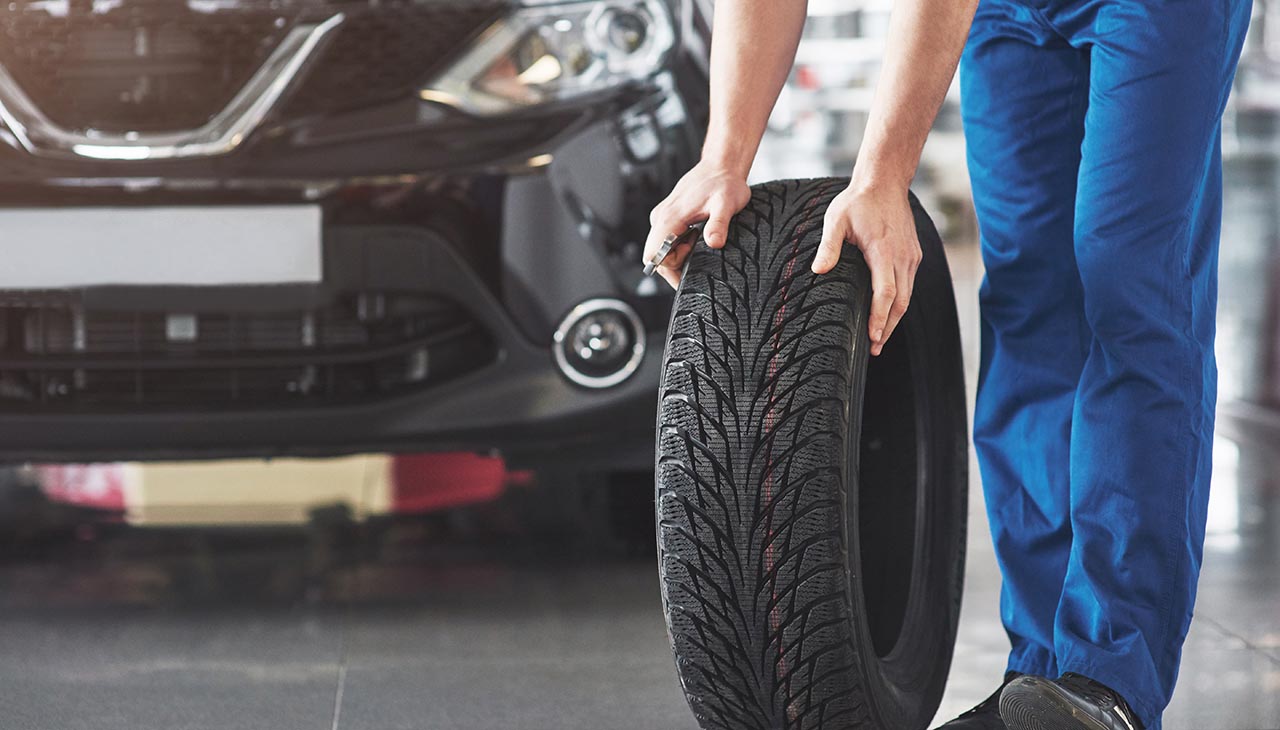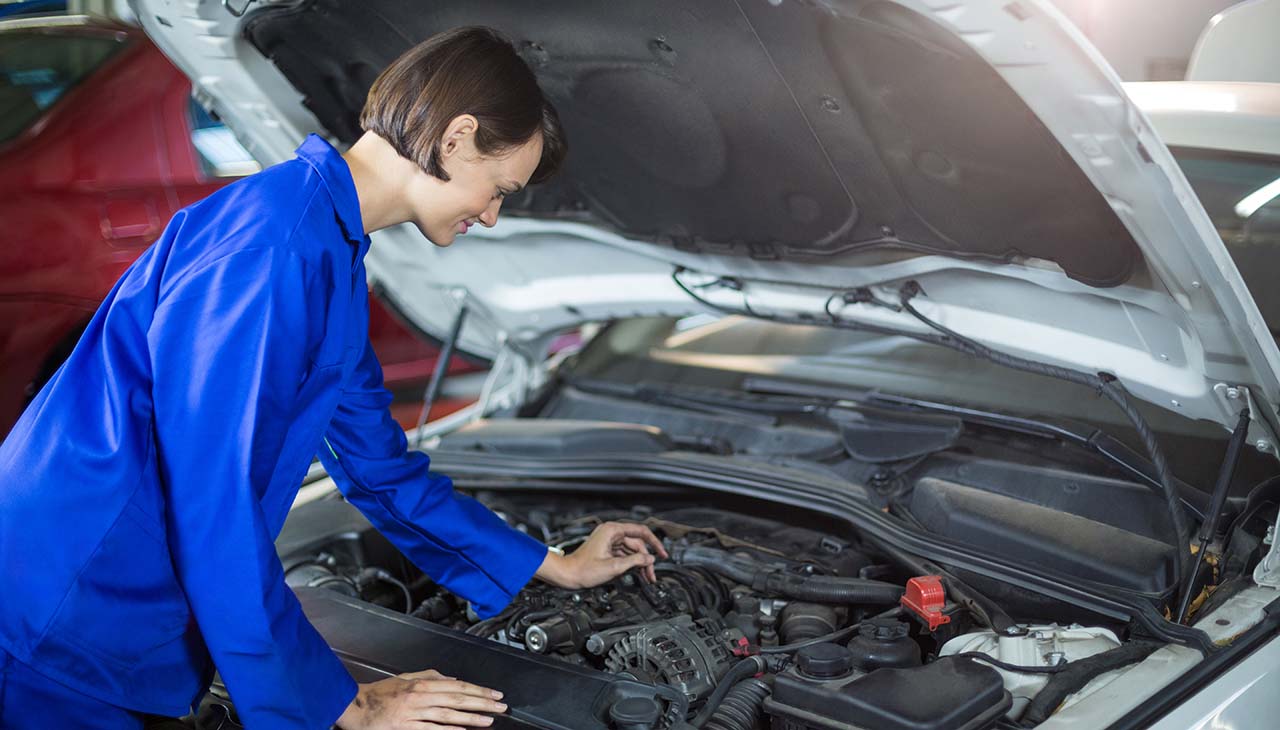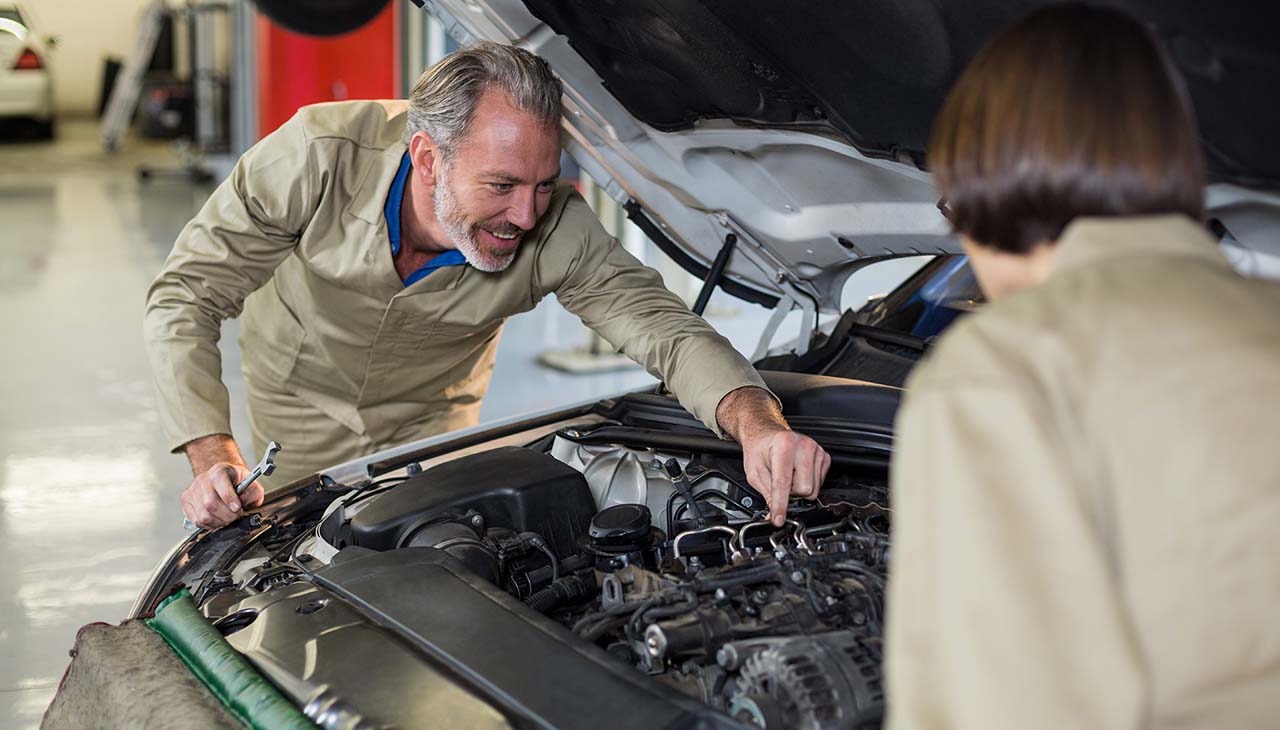Regular maintenance is the lifeblood of vehicle longevity and operational reliability. By adhering to a consistent service schedule, car owners can ensure that their vehicle not only performs at its best but also circumvents the compounding issues that can lead to costly repairs. This document highlights the importance of a regular maintenance schedule and provides a comprehensive guide to keeping your car in peak condition through routine checks and timely servicing.
Monthly Checks
Checking Tire Pressure and Tread
Ensuring your tires are properly inflated and have adequate tread is crucial for safety and fuel efficiency. Monthly, use a reliable tire gauge to check the pressure and inflate your tires to the manufacturer’s recommended level. Also, inspect the tread for wear and depth, keeping an eye out for any visible damage or irregular patterns that may warrant a professional consultation.
Inspecting and Topping Up Fluids
Regularly checking and maintaining fluid levels is essential for your car’s performance:
- Oil: Check the level using the dipstick, and top up if it’s below the minimum mark. Consider the consistency and color of the oil; a change may be due if it’s dark or gritty.
- Coolant: Verify that the coolant level is between the min and max marks on the reservoir when the engine is cool.
- Brake Fluid: This vital fluid impacts braking performance; ensure it’s within the recommended range in the reservoir.
- Windshield Washer Fluid: Top it up to ensure clear visibility through your windshield during all driving conditions.
Checking Battery Condition and Terminals
A failing battery can leave you stranded, so inspect it monthly. Check for corrosion on the terminals, which can be cleaned with a brush and a mixture of baking soda and water. Verify that the connections are tight and secure. If your battery has removable caps, check the fluid level, topping up with distilled water if required. Lastly, bear in mind the typical lifespan of a car battery is around 3-5 years, depending on usage.
Quarterly Checks
Inspecting and Replacing Air Filters
Air filters are essential for maintaining proper airflow to your engine and cabin. A clogged or dirty air filter can impede performance and increase fuel consumption. Every three months, remove the air filter and hold it up to a light source. If light doesn’t pass through, it’s time for a replacement. A clean filter ensures your engine is not starved of air and can improve overall efficiency.
Checking and Replacing Wiper Blades if Necessary
Visibility is paramount for safe driving in adverse weather conditions. Wiper blades should be checked quarterly for signs of wear or damage. If the rubber is cracked, brittle, or leaves streaks on the windshield, it’s time to install new blades. Functional wiper blades are crucial for clear visibility and to ensure driver safety during rain or snow.
Inspecting and Rotating Tires
Tire rotation is a vital part of extending the life of your tires and maintaining even tire wear. Every quarter, or as recommended by your vehicle’s manufacturer, rotate your tires in the pattern specified in your owner’s manual. This can often coincide with an oil change for convenience. While rotating, also check for uneven wear, bulges, and other damage that could indicate the need for alignment or suspension work.
Biannual Checks
Checking and Replacing Spark Plugs
Spark plugs are the tiny engines behind your vehicle’s power. They ignite the fuel-air mixture in the combustion chamber, providing the needed energy to power your car. It’s recommended to check your spark plugs every six months for signs of wear or damage. A worn spark plug can lead to misfires, reduced fuel efficiency, and can strain your engine. If they are fouled or have a heavy build-up, it’s time to replace them to ensure smooth engine performance and optimal fuel economy.
Inspecting Brakes and Brake Pads
Your vehicle’s braking system is a critical safety component which requires regular inspection. At least every six months, check your brake pads for wear and listen for any unusual sounds such as grinding or squeaking. Examine the rotors for grooves or warping. If the pad thickness is below the recommended level, or if you notice any rotor damage, it’s time to have them replaced by a professional.
Checking Suspension and Steering Components
A responsive steering and reliable suspension system ensure a safe and comfortable driving experience. During your biannual checks, pay attention to the shocks, struts, ball joints, and tie rod ends. Look for signs of fluid leaks or corrosion, and test your car’s response while turning and driving over bumps. If you notice any excessive bouncing, poor handling, or unusual noises, have a professional mechanic inspect these systems to prevent future and potentially costly damage.
Annual Checks
Comprehensive Inspection by a Professional Mechanic
An annual comprehensive inspection by a professional mechanic is essential to diagnose any potential issues that might not be evident to the average car owner. This inspection should include a thorough check of the vehicle’s major systems such as the brakes, suspension, exhaust system, and transmission. A complete diagnostic done by a skilled technician can spot early signs of wear and tear and can help you take proactive measures to prevent more significant problems down the line.
Checking and Replacing Timing Belt (if applicable)
The timing belt is a critical component of your car’s engine. If your vehicle is equipped with a timing belt, manufacturers often recommend replacing it between 60,000 and 100,000 miles, although this may vary based on the make and model. Failure of the timing belt can lead to severe engine damage. During the annual check-up, have your mechanic assess the condition of the timing belt and replace it if it shows signs of wear, cracks, or if it has reached the mileage for recommended replacement.
Conducting Emissions and Fuel System Checks
Annual emission and fuel system checks are not just about adhering to environmental standards; they’re also important for maintaining the efficiency and performance of your car. During these checks, a mechanic should inspect the exhaust system for leaks, test the car’s emissions against state standards, and ensure the fuel system is operating correctly. Regular maintenance of these systems helps to provide better fuel economy, reduce emissions, and guarantee that your car remains roadworthy and compliant with environmental regulations.










